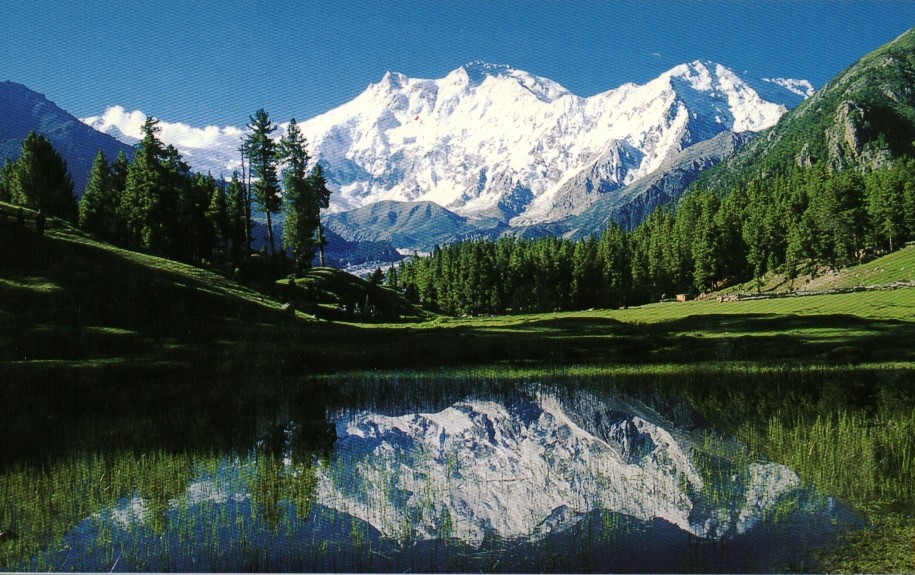Some wonderful ideas floating in this thread. It's a pleasant break from the usual inanity on RF. Thanks to
@Buddha Dharma @sayak83 and
@Mindmaster for your thoughts on these matters. That said...
I owe a tremendous debt to Hinduism and Buddhism, both. The two philosophies helped me to delve further than I understood and am still playing catch-up, to a certain extent, although not as much as in years gone by. For me, mindfulness, is the greatest treasure and I'm unconcerned about many details that others have mentioned. Mindfulness helps you to keep sailing ahead because you are constantly aware of what is around you and how your actions intersect with the world you know.
You become focused, here and now, always and in all ways.
One thing that has really helped me over the years, aside from mindfulness, is an idea from Carlos Castaneda's Don Juan. In several spots in the books, the old crank implores Carlos to "live every moment as if it were your last moment on earth". That doesn't mean, "I am SO dead. Ok, we're toast" etc, I believe it is intended to mean that doing so generates
an intense focus on the moment - and corresponds neatly with -- mindfulness. Each action become deliberate and I can attest at how liberating that sensation is. Guilt pangs virtually vanish and even morality slips to the wayside as you are paying attention and doing things to the best of your ability because you are consciously making each moment count. It's an incredibly empowering act, but, the act never stops.
Another tidbit I have grown to understand is that I am an actor, playing a role, a role that employs liberal amounts of ad lib, but stay on track with the general script I have created for my life. Goal setting is another tremendously empowering thing. Again, setting achievable goals
builds intense focus. (I'm sensing a pattern here. Hmmmm.

)
To my way of thinking/seeing/being one simply becomes compassionate. It's not something you
should have to work at and is more a perk of expanding awareness, as is the inexhaustible bliss. Likewise, true compassion does not require a reward or even recognition. Compassion, to be trite, is literally the gift that keeps on giving as the compassionate act radiates outwards from the moment of inception.
Lastly, once one recognizes that there is an aspect of personality that I refer to as the larger identity (the sense of "self"
beyond Oneness), you no longer need external teachers and are well on your way, as you have formed a relationship with and have an open dialogue with your inner reality.
I hope this helps, but then again, what would I know?

